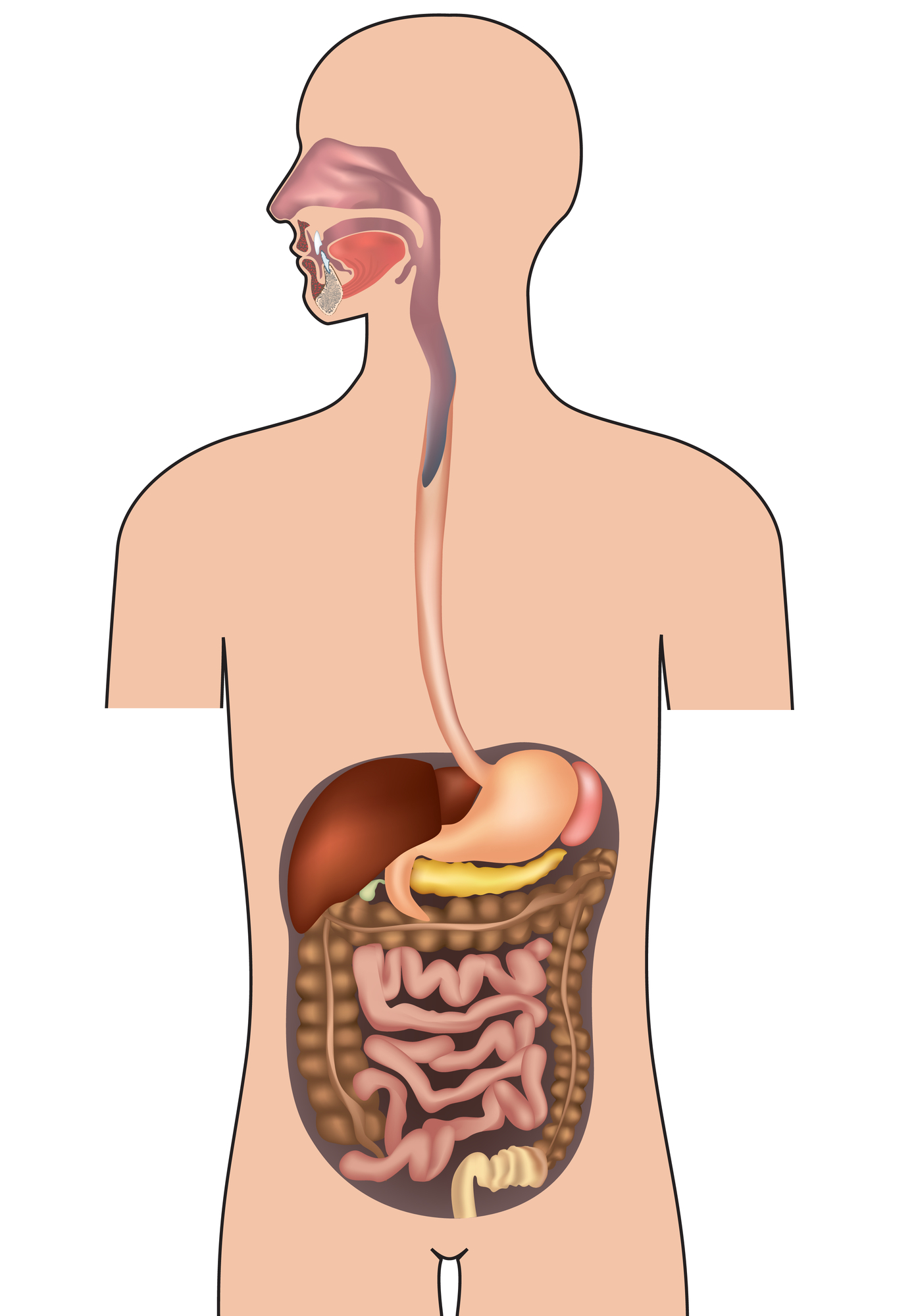For the latest updates and offers on new products & books, sign up today!
Immune System Teas to Use When You Need Them
Immune System Teas are great to use when you feel you are starting to get sick since many of them are more effective to consume from the beginning of a cold, the flu, and when you are feeling weak--then the immunity needs the extra help.
Herbal Teas for Improving the Immune Function:
- Boneset Tea
- Red Root Tea
- Licorice Tea
- Ginger Root
- Astragalus Tea
I have used all of them except Red Root (as of the writing of this article); however, that should not stop you from using these herbal teas if they are available to you. These Immune System Teas were used by me after reading Stephen Buhner’s book, Herbal Antivirals. It made a difference in my life when my immunity sometimes felt overwhelmed and needed the extra hand. I have been using ginger for a long time mainly because my mom is a big believer in using ginger, and a few changes were made after reading Buhner’s book.
Boneset (Eupatorium Perfoliatum) Tea is an antiviral herb, and it also stimulates the immune response; however, there are many other actions that Boneset Tea provides which makes it an excellent herb to have at home. The aerial part (in the flower) is what is used for its medicinal property.
Cold Tea: You use about one ounce of Boneset Tea with one quart of boiled water, and let the herb soak for 6 to 8 hours. Strain and drink the quart during and throughout the day. I usually like to drink some first thing in the morning, then in the afternoon, and at night before going to bed. I sometimes add a bit of raw honey for an improved taste because it is bitter, and sometimes I drink it without any sweetener.
Hot Tea: Add one teaspoon of Boneset herb tea with about 8-10 ounces of boiled water, and let it soak for 10-15 minutes. The hot tea is different from the cold Boneset herb tea in that it will likely cause you to sweat; therefore, it is suitable for fevers and chills as the Master Herbalist Stephen Buhner recommends--and it did just that for me.
Licorice (Glycyrrhiza glabra) Tea is a potent antiviral tea, and it has a mild antibacterial property against some specific bacteria. It also stimulates the Immune System by producing a protein called interferon in response to pathogenic microbes. Another action of Licorice has been the ability to modulate the Immune System by regulating the response appropriately through stimulating or suppressing the immune function accordingly.
The part of Licorice used is the root although leaves can be utilized too; however, it is not as potent.
Infusion Tea: Add about one-half to one teaspoon of licorice powdered root to 8-10 ounces of water, and let it simmer for about 15 minutes--then uncover it and strain it before drinking it.
Caution: One of the warnings about Licorice is it is not recommended to be used alone or in large doses for an extended period.
Red Root (Ceanothus fendleri) Tea is astringent and bitter-- so adding a small amount of raw honey or maple syrup is a good idea. The part of the herb used as the name indicates is the root or the inner bark of the root. Use about one teaspoon of powdered Red Root in eight to ten ounces of water, and let it simmer for about 15 minutes-- strain before drinking. Red Root works more noticeably in the lymphatic system as a stimulant and tonic herb thus aiding the immune function.
Ginger Root -- An Immune System Drink Booster
The part of ginger used is the rhizome, and its effectiveness is the fresh root you buy at the grocery store. Therefore, it is not recommended to buy the dried root. I get organic Ginger Root (whenever it is possible)--follow one of the two ways to make a fantastic Immune System Tea:
1- Juicing (if you have a juicer)--juice Ginger Root about the size of the large size of a carrot where you can juice an amount of ¼ of a cup. Add it to 12 ounces of hot water and a small quantity of lemon juice and some raw honey for taste.
If you don’t have a juicer, or you don’t want to use your juicer--then grate the Ginger Root about the size of your thumb, or cut the root as finely as possible. Next, place it in 8 to 12 ounces of hot water for about 2 to 3 hours covered, so the volatile essential oils stay in as much as possible. By the way, I use a cheese grater to take care of this task which works much better than using a knife, and it is faster--so you might want to invest in one since they are affordable to buy.
Astragalus (Astragalus membranaceus) is one of the top favorite herbs for strengthening the Immune System in traditional Chinese medicine for many centuries. The root part of the astragalus plant is used for its medicinal properties.
Use two to three ounces of organic powder or coarsely ground Astragalus in one quart of hot water. Let the herb soak in water for 2 to 3 hours, and strain before you drink. Drink the quart throughout the day. As I mentioned before, I drink half of it in the morning before eating, and then at night --or the quart amount can be divided into three servings.
Astragalus herb is known as the King (or, at least it ranks somewhere near there) as an immune enhancer, and I have talked about it more in-depth here.
Caution before Use
Contraindications, side effects, and herb-drug interactions of these herbs are low; however, you should consult with your qualified physician before taking any of these natural herbs. This is especially important if you are a pregnant woman, or have some disease and take medications that might negatively interact with these herbs.
Herb-Drug Interactions
-Boneset tea: None observed
-Red Root tea: Not to used with coagulants or anticoagulants pharmaceutical medicines
-Licorice root tea: Not to be used with estrogenic, hypertensive, or diuretics like thiazides, loop diuretics, spironolactone, amiloride, corticosteroids, and hydrocortisone.
-Ginger root tea: Ginger root has a synergistic action with some antibiotics (ex., aminoglycosides); therefore, making the drug more potent.
-Astragalus tea: Astragalus also has a synergistic action with interferon and acyclovir to make them more potent. On the other side, astragalus might inhibit the effect of cyclophosphamide, and not be used with individuals going through transplanted organs.
Wrap Up
ٍSome of the herbs I have used like Ginger and Astragalus are considered tonic herbs. That means I can use them daily without any adverse effects so I like to use these two herbs continuously sometimes for one to four weeks. The others (except for Red Root) I have used when I felt I was coming down with a cold or the flu for about three days until the symptoms were gone.
There are other Immune System Teas that I would like to research and use in the future, but for now, I like what I have experienced from these herbs as supplementary help to strengthen my immunity when I need them. And you might want to take advantage of these natural herbs that have been used as medicinal herbs for hundreds of years throughout the world.
Source: Buhner, S. H. (2013). Herbal Antivirals, Natural Remedies for Emerging & Resistant Viral Infections. North Adams, MA: Storey Publishing








